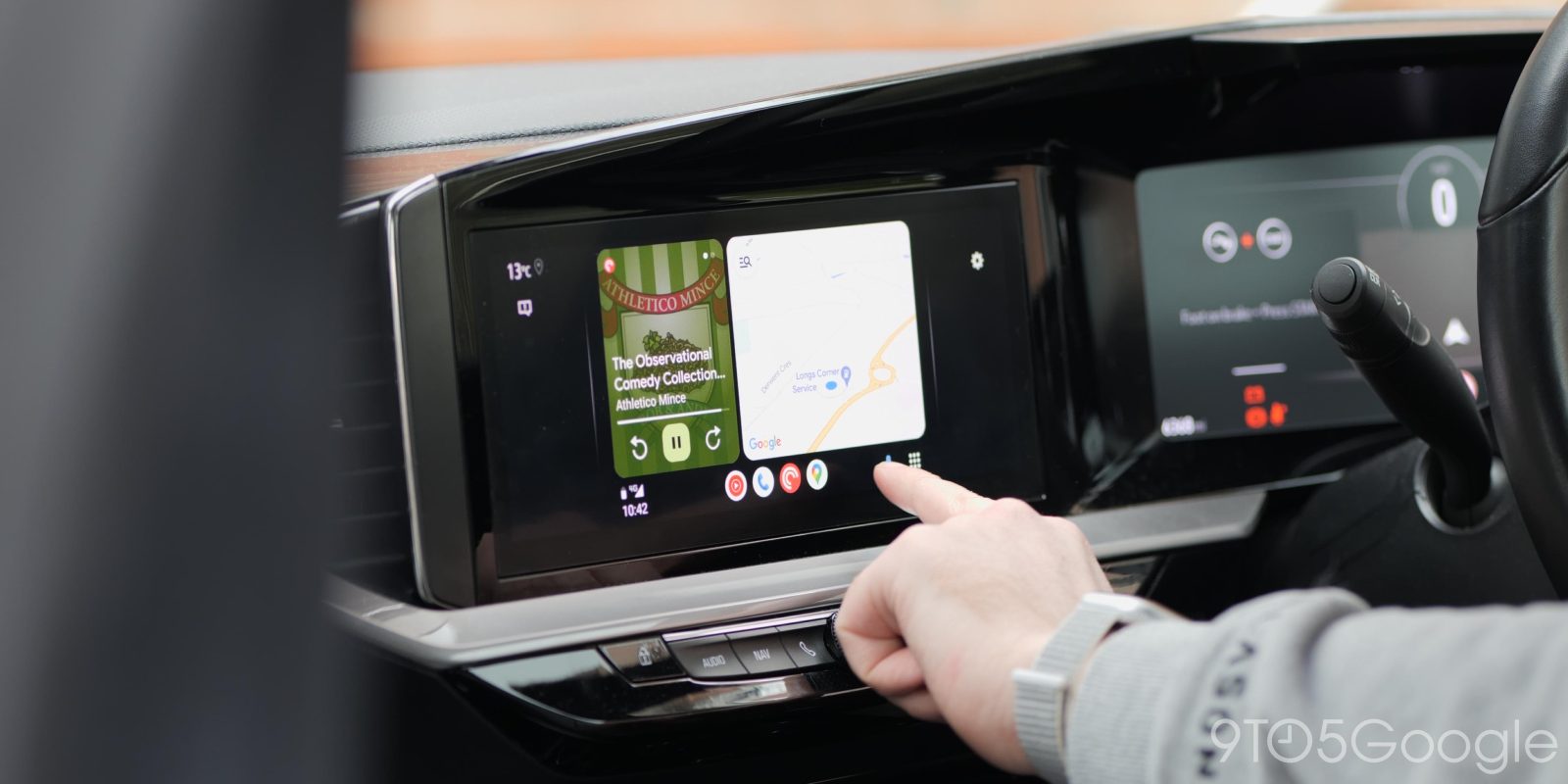
Google has started enforcing new Android Auto requirements more widely, with older phones running into a message that they “no longer support” the useful platform.
Back in July, we first reported that Google was putting new requirements into place on Android Auto. The platform would start requiring users to be on Android 9.0 or higher. This change was first introduced a while back, but seems to finally be enforced more recently.
A message saying that “This phone no longer supports Android Auto” appears when trying to connect to your car, as one LG V30 user ran into this week. That device, which was granted an update to Android 9.0, but is still running Android 8.0 for this user, no longer falls within the minimum requirements for using Android Auto.
While the official reason for the higher requirements were never revealed, one key benefit to Android 9.0 and higher with Android Auto is that phones using that version or higher have Android Auto built directly into the system. This presents a slightly more streamlined experience for users.
As of May 2024, a mere 5.8% of active Android devices were still running Android 8.0, so this change won’t affect the vast majority of users. And, with most devices running this version of the OS having lost security updates long ago, it’s certainly time for these users to look into an upgrade. Notably, with devices still running Android 8.0 roughly 7-8 years old at this point, it falls in line with the new 7-year update policy that Android manufacturers, starting with Google Pixel, have been adopting.
Have you run into Android Auto no longer working on your device? Let us know in the comments below.
More on Android Auto:
- Don’t buy sketchy wireless Android Auto adapters – what to look for
- Hands-on: AAWireless TWO builds on the best wireless Android Auto adapter
- Android Auto 13.0 update is now rolling out
Follow Ben: Twitter/X, Threads, Bluesky, and Instagram
FTC: We use income earning auto affiliate links. More.



Comments